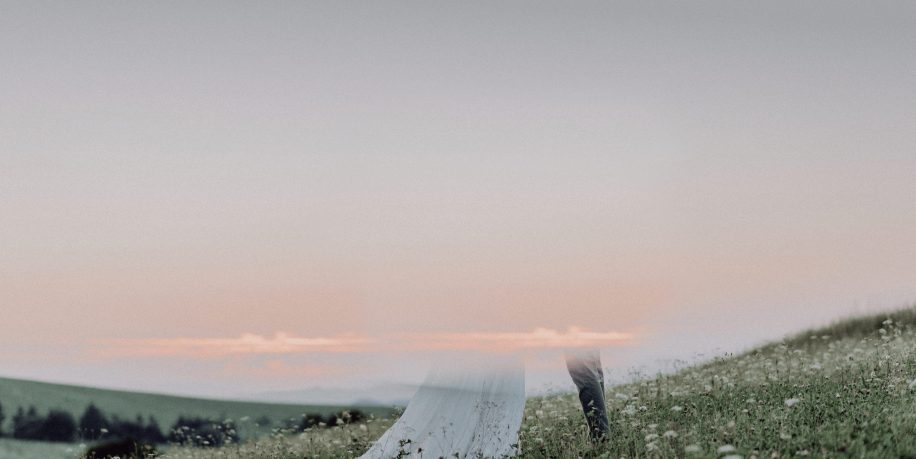
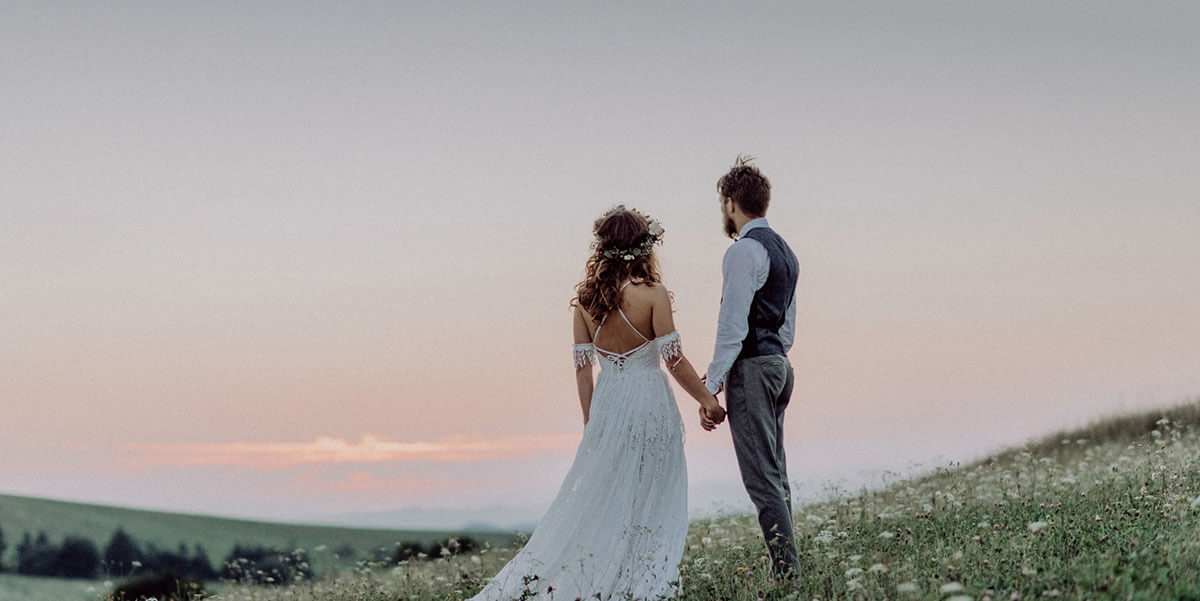
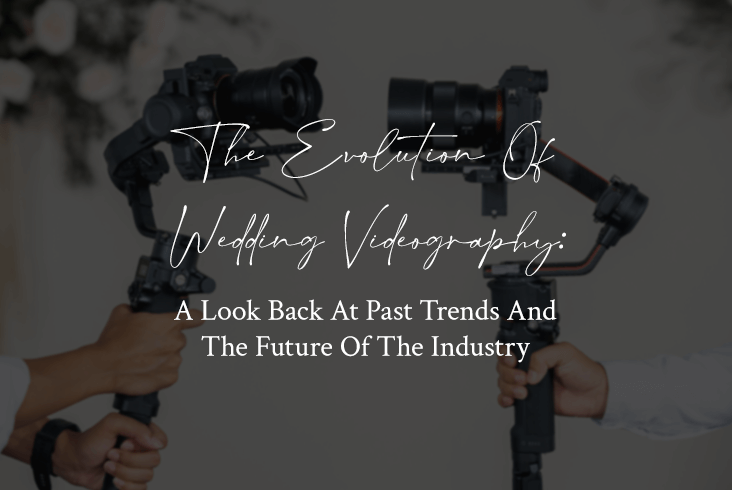
Wedding videography has come a long way since its inception, with advances in technology and storytelling techniques allowing videographers to capture the essence of a couple’s love story in a way that was once unimaginable. In this blog post, we’ll take a journey through the history of wedding videography, explore past trends, and look ahead at what the future may hold for this captivating art form. And as always, for all your wedding videography needs, consider Shutter & Sound to ensure your special day is captured in the most unforgettable way.
In the 1980s, wedding videography emerged as a popular service with the advent of VHS and camcorders. During this time, wedding videos were often simple, linear recordings of the ceremony and reception. While the quality of the footage was relatively low by today’s standards, couples were thrilled to have a visual record of their special day.
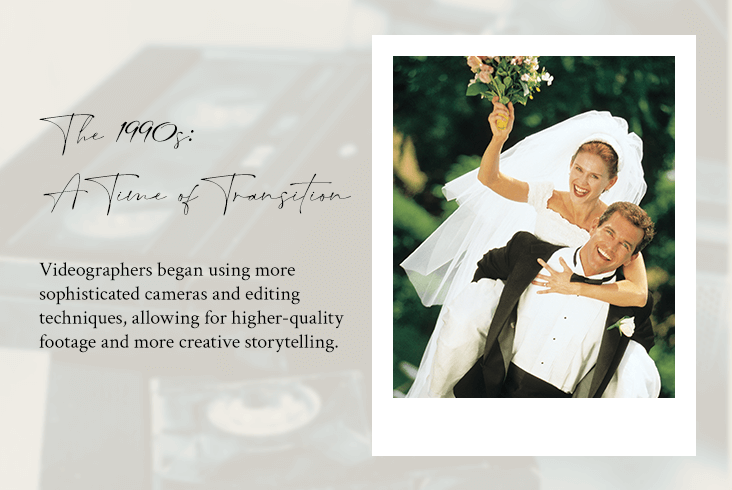
As technology improved, wedding videography underwent significant changes in the 1990s. Videographers began using more sophisticated cameras and editing techniques, allowing for higher-quality footage and more creative storytelling. Additionally, the introduction of DVDs in the late 1990s provided a more durable and convenient format for preserving wedding memories.
The 2000s marked the dawn of the digital age in wedding videography. High-definition cameras became more accessible, and videographers started to experiment with different shooting styles, such as documentary and cinematic approaches. As editing software became more advanced, wedding films began to take on a more polished and professional look, incorporating elements like color grading, special effects, and custom graphics.
Social media played a significant role in shaping wedding videography trends during the 2010s. Couples increasingly sought shareable, “Instagram-worthy” content, prompting videographers to focus on creating visually stunning highlight reels and teasers. Additionally, the growing popularity of drones allowed for breathtaking aerial shots, adding a new dimension to wedding films.
As we move through the 2020s, the focus of wedding videography is shifting towards personalization and storytelling. Couples want their wedding films to reflect their unique love stories and personalities, leading to an emphasis on capturing candid moments and genuine emotions. Technological advancements, such as 360-degree cameras, virtual reality, and livestreaming, are also providing new opportunities for creative expression and sharing.
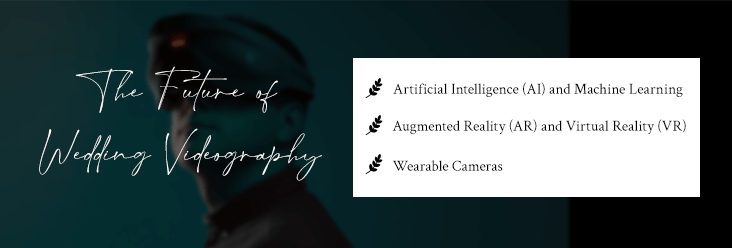
Looking ahead, the future of wedding videography appears to be bright and full of possibilities. As technology continues to evolve, we can expect even more innovative techniques and tools to emerge, allowing videographers to push the boundaries of their craft. Some potential trends include:
The evolution of wedding videography has been marked by significant advancements in technology and storytelling techniques, resulting in a diverse range of styles and approaches that cater to the unique desires of each couple. As we look to the future, we can expect even more innovation and creativity in the world of wedding videography, as emerging technologies continue to reshape the way we capture and relive our most cherished memories.
As you embark on your own journey towards the perfect wedding film, consider a wedding package with Shutter & Sound to ensure your love story is captured in the most stunning and memorable way possible. Serving major cities nationwide, their keen eye for detail and commitment to delivering exceptional quality, they’ll work closely with you to create a wedding film that not only stands the test of time but also reflects the essence of who you are as a couple.